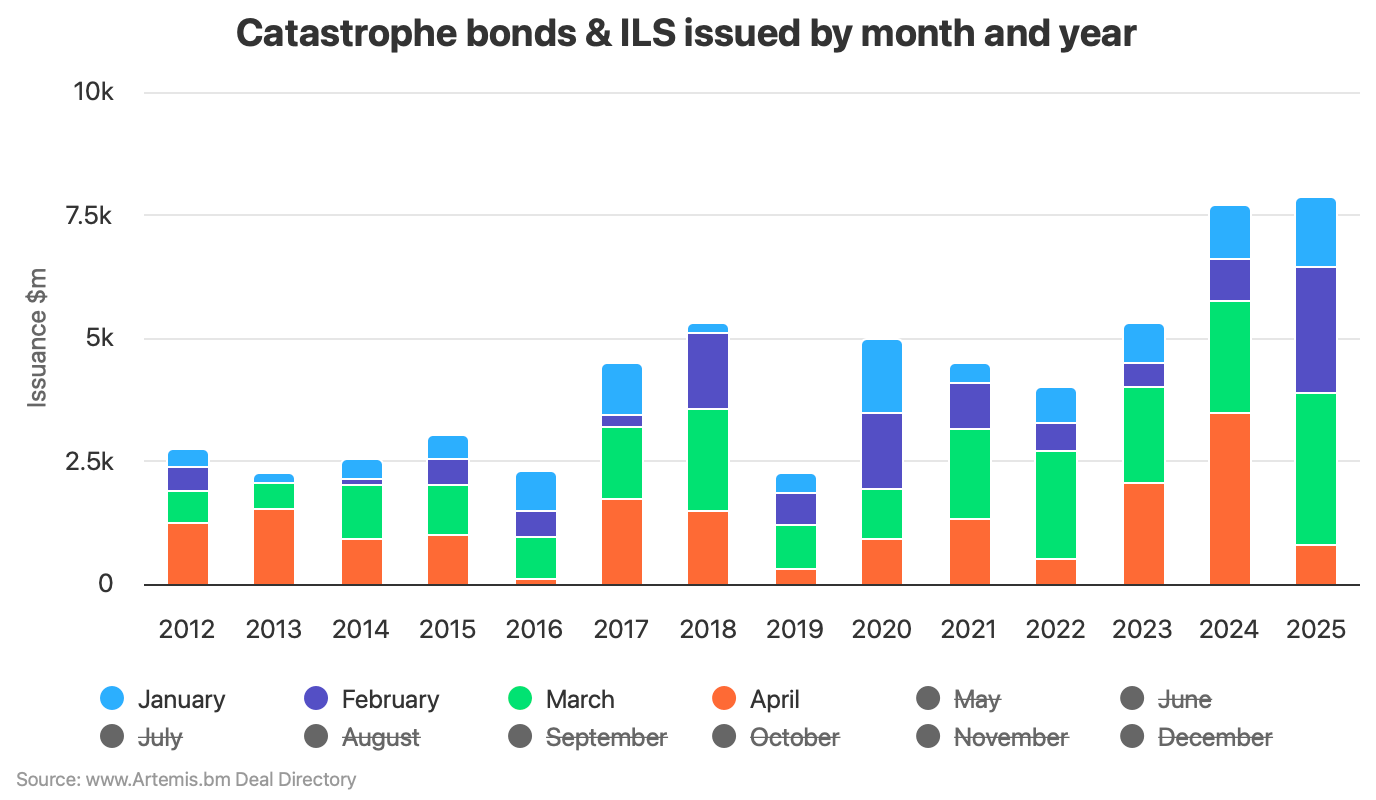Case Study 1: Carrie’s Transformation: Carrie, driven by her curiosity about behavioral coaching for financial success, proactively sought guidance from a specialized coach, Lisa. Through a diligent journey of self-awareness and strategic interventions, Carrie underwent a profound transformation in her money mindset, successfully achieving her financial goals. Inspired by her experience, Carrie has become a passionate advocate, empowering individuals to break free from self-limiting beliefs and cultivate sustainable, long-term financial well-being.
Case Study 2: Kurt’s Empowering Journey: Kurt, grappling with a lack of confidence in managing his finances, discovered the immense potential of behavioral coaching. Under the guidance of Coach Rachel, Kurt overcame deep-seated insecurities and impulsive habits. Through a structured approach that included tailored strategies and impactful mentorship, Kurt regained control of his financial situation. He developed a profound desire to assist others on their transformative paths. Kurt’s journey has become an inspiring hope for those seeking to build financial confidence.
Recognizing the Vital Intersection of Human Behavior and Finance
Understanding the intricate relationship between human behavior and financial decision-making is paramount in personal finance and wealth management. The captivating narratives of both Carrie and Kurt underscore the inherent diversity in how individuals perceive and engage with money matters. By combining behavioral science principles with financial insights, we open up a unique opportunity to unlock the secrets to financial success. This article will delve into the fascinating world of behavior and money insights, exploring how these two disciplines intersect and how they can empower individuals to make informed financial decisions, cultivate healthy money mindsets, and ultimately achieve their financial goals.
Comprehending the Dynamics of Behavior and Money
Human behavior is instrumental in effectively managing, spending, and investing money. By blending behavioral science principles with financial insights, we gain a profound understanding of the psychological, social, and cognitive factors that underpin our financial decision-making processes. This comprehensive understanding enables us to identify and mitigate behavioral patterns, biases, and heuristics that often lead to suboptimal financial outcomes. With this knowledge, we can proactively counteract these biases and make more rational and well-informed financial choices.
Unraveling the Complexity of Financial Decision-Making
Financial decision-making is a multifaceted process influenced by many factors, including emotions, social pressures, and cognitive biases. The amalgamation of behavioral and financial insights offers a robust framework to decode these decisions and discern their underlying motivations. By carefully examining our behavioral tendencies about money, we can identify areas for improvement, such as impulsive spending, emotional investing, or procrastination in financial planning. This heightened awareness empowers us to make deliberate choices that harmonize with our long-term financial objectives.
Behavioral Economics
Overcoming Barriers to Saving: Saving money is often an elusive pursuit. Behavioral finance, a branch of behavioral science, sheds light on the reasons behind our struggles with saving and presents effective strategies to overcome these challenges. By comprehending the behavioral barriers that impede saving, such as present bias or the allure of instant gratification, we can deploy techniques like automatic savings, mental accounting, or gamification to foster habitual and rewarding saving behaviors. Leveraging behavioral insights lets us recalibrate our saving habits and establish a resilient financial foundation.
Spending Habits: Nurturing Financial Well-being Our spending habits directly impact our financial well-being. Behavioral insights provide valuable insights into the psychological drivers that shape our spending patterns, thus illuminating opportunities for improvement. By practicing mindful spending, setting clear financial goals, and leveraging behavioral techniques like budgeting, we can assert greater control over our finances and align our spending with our values and long-term aspirations. Understanding the intricate link between behavior and money equips us with the tools to develop a healthier and more balanced approach to spending.
Investing Wisely: The Role of Behavioral Finance: Investing in financial markets is an arena heavily influenced by human behavior. Behavioral finance harmonizes the principles of finance with the tenets of behavioral science, allowing us to comprehend how emotions, biases, and cognitive errors impact investment decisions. We can develop disciplined and rational investment strategies by acknowledging and navigating the pitfalls of herd mentality, overconfidence, or loss aversion. Integrating behavioral insights into our investment approach empowers us to make informed decisions, effectively manage risk, and maintain a steadfast focus on long-term wealth creation.
Behavioral Coaching
Empowering Financial Success: Behavioral coaching is a powerful bridge between behavior and money insights. By leveraging their expertise in behavioral science and financial planning, financial professionals can guide individuals toward cultivating healthier money mindsets and sustainable financial behaviors. Through personalized coaching sessions, individuals gain heightened self-awareness, acquire strategies to overcome behavioral hurdles and remain accountable to their financial goals. Behavioral coaching empowers individuals to transcend limiting money beliefs and foster behaviors that drive long-term financial success.
The intersection of behavior and money insights offers a captivating lens through which we can comprehend and optimize our financial decisions, thus unlocking our full potential for financial well-being. By harnessing behavioral science principles in conjunction with financial insights, we elevate our ability to make informed financial choices, nurture healthy money mindsets, and ultimately realize our financial aspirations. Mastering the money mindset transcends mere numbers and calculations; it embodies the art of understanding and harnessing our behavior to create a prosperous future.
The views and opinions expressed herein are the views and opinions of the author and do not necessarily reflect those of Nasdaq, Inc.








































